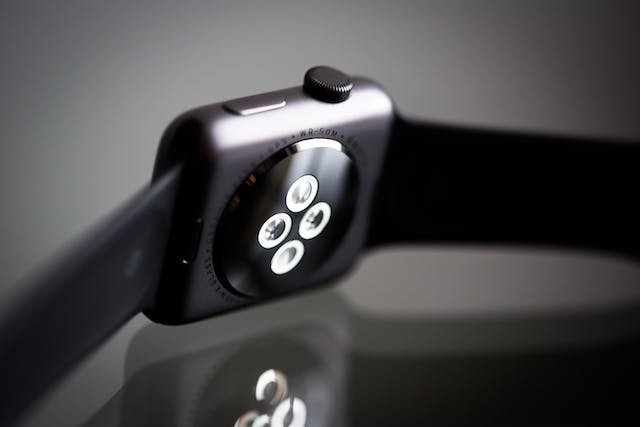Fitness Trackers: Worth it or Just Hype?
In the era of smart technology, fitness enthusiasts and casual exercisers alike find themselves grappling with the decision of whether or not to invest in a fitness tracker. These sleek devices promise to be our health companions, tracking steps, monitoring heart rates, and even analysing sleep patterns. But are they truly worth the hype, or just another gadget destined to gather dust on our shelves?
The Allure of Fitness Trackers: A Seductive Symphony of Data
In a world dominated by sedentary lifestyles, the allure of fitness trackers is undeniable. The promise of quantifiable data, presented in real-time on a sleek wristband, appeals to our innate desire for control and self-improvement. These devices don't just count steps; they track calories burned, measure heart rates, and monitor sleep cycles, creating a comprehensive profile of our daily activities.
The active voice of fitness trackers is what sets them apart from traditional workout logs. No more manual entry of your jogging distance or caloric intake; these devices seamlessly collect and analyse data, providing an accurate snapshot of your health. This instant feedback loop empowers users, fostering a sense of accountability and motivation to achieve fitness goals.
The Symbiotic Relationship: Fitness Trackers and Motivation
Transitioning to a healthier lifestyle often requires a motivational catalyst, and fitness trackers play the role of the encouraging friend we all need. By transforming fitness into a game, complete with challenges and achievements, these devices turn mundane activities into exciting opportunities for personal growth. The gamification aspect not only adds an element of fun but also taps into our competitive instincts, pushing us to surpass our limits.
Moreover, the community aspect of many fitness trackers leverages the power of social motivation. Sharing achievements, participating in challenges, and cheering on friends through these devices create a supportive ecosystem that can significantly boost adherence to fitness routines. The sense of camaraderie and friendly competition turns solitary workouts into a shared experience, fostering a sense of belonging in the fitness community.
Beyond the Hype: The Practical Benefits of Fitness Trackers
Beneath the glossy surface of fitness trackers lies a trove of practical benefits. The data collected can provide valuable insights into your health trends, helping you identify patterns and make informed decisions about your fitness regimen. For instance, noticing a spike in your heart rate during a particular activity could prompt you to adjust your exercise intensity or consult with a healthcare professional.
Additionally, the sleep-tracking feature is a game-changer for those grappling with insomnia or irregular sleep patterns. Armed with detailed sleep data, users can make lifestyle changes to improve the quality of their rest, ultimately enhancing overall well-being. The holistic approach of fitness trackers, encompassing both activity and recovery metrics, adds a layer of sophistication to our understanding of personal health.
The Price of Progress: Navigating the Downsides of Fitness Trackers
However, this health journey is not without its pitfalls. The price of progress, in this case, can manifest as an over-reliance on numbers. Some individuals may find themselves obsessively checking their fitness tracker metrics, leading to anxiety and burnout. The pressure to constantly meet step goals or maintain a specific heart rate can turn a well-intentioned fitness routine into a stress-inducing chore.
Furthermore, there's the issue of accuracy. While fitness trackers have come a long way in terms of precision, they are not infallible. Factors such as skin tone, placement on the wrist, and specific activities can impact the accuracy of heart rate monitoring. Relying solely on the data presented by these devices without considering other cues from your body may lead to misguided conclusions about your overall health.
The Verdict: Are Fitness Trackers a Friend or Foe in the Quest for Health?
In the grand quest for a healthier lifestyle, the worth of fitness trackers ultimately hinges on individual preferences, goals, and the ability to strike a balance. For some, the constant feedback loop and gamified elements are the perfect recipe for sustained motivation. Others may find the pressure of meeting numerical goals counterproductive to their well-being.
As with any tool, moderation and mindfulness are key. Fitness trackers can be invaluable companions on the road to better health, offering insights, motivation, and a sense of community. However, the user must remain in control, using the data as a guide rather than a strict ruler. When approached with a balanced mindset, these gadgets can indeed be the catalyst for positive change, transforming the way we perceive and pursue our health and fitness goals.


